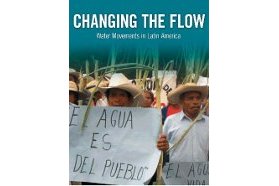Immigrant high school and university students in the United States have used the internet effectively in building activist networks to support the passing of a law called the DREAM act.
«I have been living in the U.S. for most of my life and now that i have graduated high school i can’t (…)

